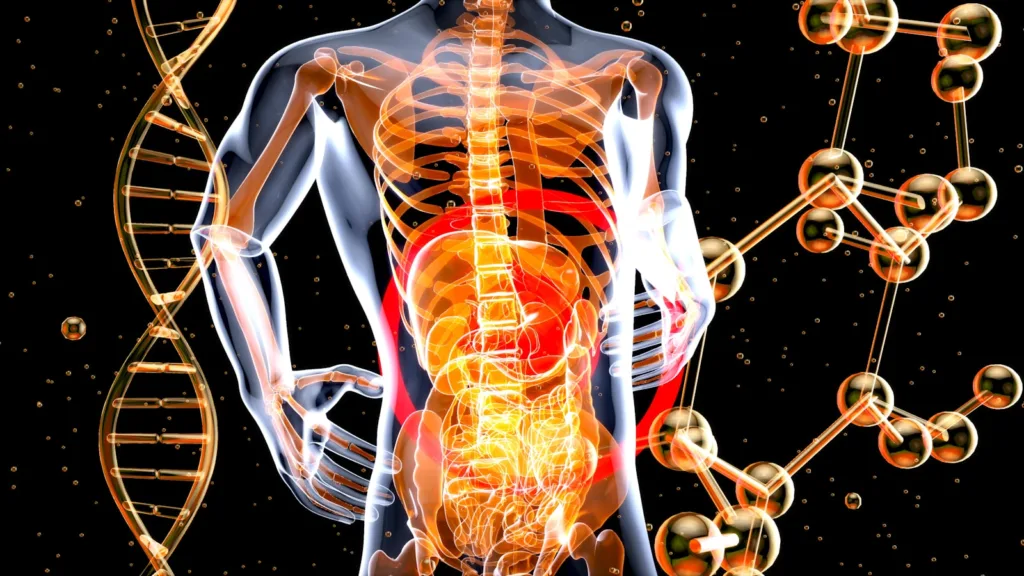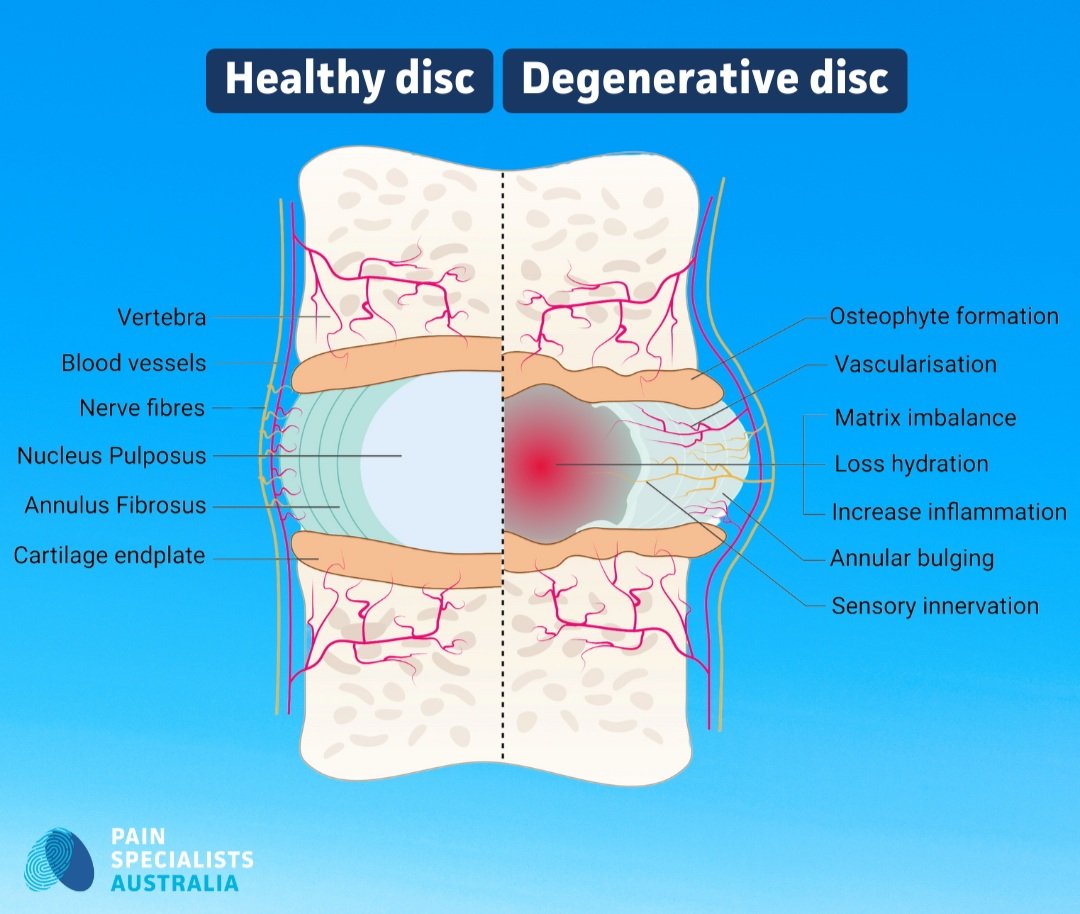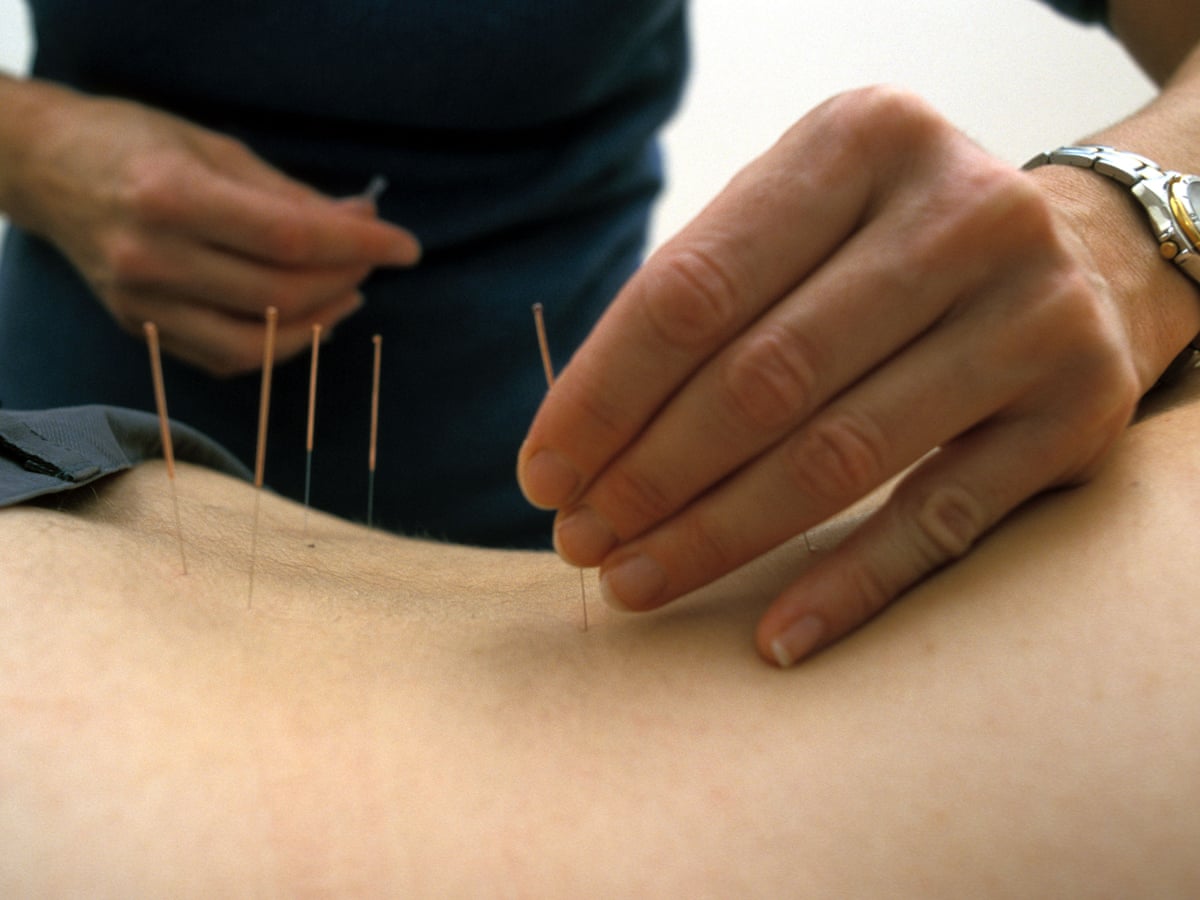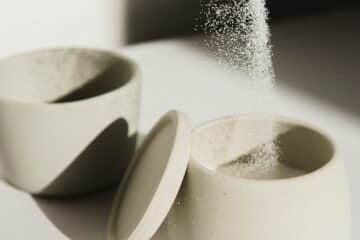This post was updated on October 1, 2025

Photo by julien Tromeur on Unsplash
Degenerative Disc Disease (DDD) is a common condition that affects millions worldwide, often leading to chronic pain and reduced mobility. While Western medicine views it primarily as a result of aging and wear-and-tear on the spine, Traditional Chinese Medicine (TCM) offers a holistic lens, attributing such issues to imbalances in vital energy systems. This article explores the causes, symptoms, and treatments of disc problems, with a focus on how acupuncture can aid in treatment and prevention, drawing from both modern research and ancient practices.
What is Degenerative Disc Disease?
Degenerative Disc Disease refers to the gradual deterioration of the intervertebral discs that act as cushions between the vertebrae in the spine. These discs provide flexibility, absorb shock, and allow for smooth movement. Over time, they can lose hydration, become thinner, or develop tears, leading to pain and other complications. Common causes include aging, repetitive strain, genetics, smoking, and obesity, which accelerate the natural wear process. Symptoms often manifest as chronic back pain, especially in the lower back, which worsens with activity like bending or lifting. In severe cases, it can cause numbness, tingling, or weakness in the limbs due to nerve compression. Referred pain may radiate to the hips, legs, or even arms, mimicking other conditions.
Disc problems can vary in severity:
- Mild nerve impingement: Slight pressure on nerves causing localized discomfort.
- Disc slip (prolapse): The disc shifts sideways, irritating nearby structures.
- Herniation: The disc bulges outward, potentially pinching nerves.
- Rupture: A tear in the disc’s outer layer, allowing inner material to leak and inflame surrounding tissues.
If left untreated, DDD can lead to reduced blood flow, muscle spasms, and further degeneration, impacting quality of life.
Traditional Chinese Medicine Perspective on Disc Problems
In Acupuncture and Oriental Medicine, spinal health is governed by key organ systems. The Kidney/Adrenal system oversees the bones and vertebrae, providing the foundational strength and marrow essence needed for structural integrity. Meanwhile, the Liver system manages the discs, which are seen as extensions of the tendons and sinews, ensuring flexibility and smooth movement. Imbalances, such as Liver Qi stagnation or Kidney deficiency, can lead to disc abnormalities, nerve pinching, and disrupted energy (Qi) and blood flow. This holistic view considers external factors like poor posture or injury, but emphasizes internal disharmonies, often rooted in stress, diet, or aging.
For instance, a weakened Kidney system might result in brittle vertebrae, while Liver issues could cause discs to lose their cushioning ability, leading to pain that refers to distant areas. TCM treatments aim to restore balance, promoting natural healing rather than just symptom relief.
How Acupuncture Helps Treat and Prevent DDD
Acupuncture involves inserting thin needles into specific points to stimulate Qi and blood flow, reducing inflammation and promoting tissue repair. For disc problems, it targets areas along the spine and related meridians to drive nourishment into the affected discs, helping them regain normal function. It also relaxes surrounding muscles, which naturally separate the vertebrae and allow discs to resume their shape, alleviating nerve pressure.
Preventively, regular acupuncture can strengthen the Kidney and Liver systems, improving spinal resilience and reducing degeneration risk. Combined with herbal remedies or lifestyle advice, it offers a non-invasive alternative or complement to Western treatments like physical therapy or injections.
Research and Evidence Supporting Acupuncture for DDD
Numerous studies highlight acupuncture’s efficacy for conditions like DDD and related spinal issues. A randomized controlled trial found that acupuncture was more effective than traditional rehabilitation in improving paraspinal muscle function and reducing pain in lumbar disc herniation patients. Another study on degenerative lumbar spinal stenosis showed significant pain relief and functional improvement compared to sham treatments. Electroacupuncture, a variant using mild electrical stimulation, has demonstrated superior analgesic effects in chronic low back pain.
While evidence is promising, some reviews note limitations in study quality, calling for more large-scale research. Nonetheless, integrative approaches combining acupuncture with conventional care have shown improved outcomes in disability and pain management.
Expert Insight from Curry Chaudoir
Curry Chaudoir, Diplomate in Acupuncture and executive director at Acupuncture & Holistic Health Associates in Milwaukee, WI, provides valuable perspective on this topic. As one of the clinic’s acupuncturists, he explains: “There are many reasons one could experience disk problems. In Acupuncture and Oriental Medicine, the kidney/adrenal system governs the function of the bones and, therefore, the vertebrae (bones of the spine). The liver system governs the function of the disks between the vertebrae. The disk provides a cushion that is supposed to move and flex depending on the body’s activity. Nerves come out between those vertebrae and disks. If the disk shape becomes abnormal, the vertebrae can then pinch the nerves which cause problems, including pain that may refer to many places on the body. It can then affect blood flow and energy flow causing muscle spasms, referred pain, and so on.
The disks may be affected in several ways, including a mild nerve impingement, a disk “slip” (the disk sliding to one side), a disk herniation (the disk bulging out of normal shape), or a disk rupture (the disk is torn). The term ‘degenerative’ is used to describe the process of the disc degenerating over time, which can lead to many symptoms, including pain, numbness, and other sensations. It can also be known as degenerative disc disease or DDD.
Acupuncture drives blood and energy into the disk so it may begin to function normally. Acupuncture also gets the muscles in the area functioning normally and they again naturally separate the two vertebra, allowing the disk to resume its normal shape.”
Conclusion
Degenerative Disc Disease need not be a life sentence of pain. By integrating insights from TCM and supported by emerging research, acupuncture offers a viable path to relief and prevention. Consult a qualified practitioner like those at Acupuncture & Holistic Health Associates to explore personalized treatment options. Always combine alternative therapies with medical advice for optimal results.



